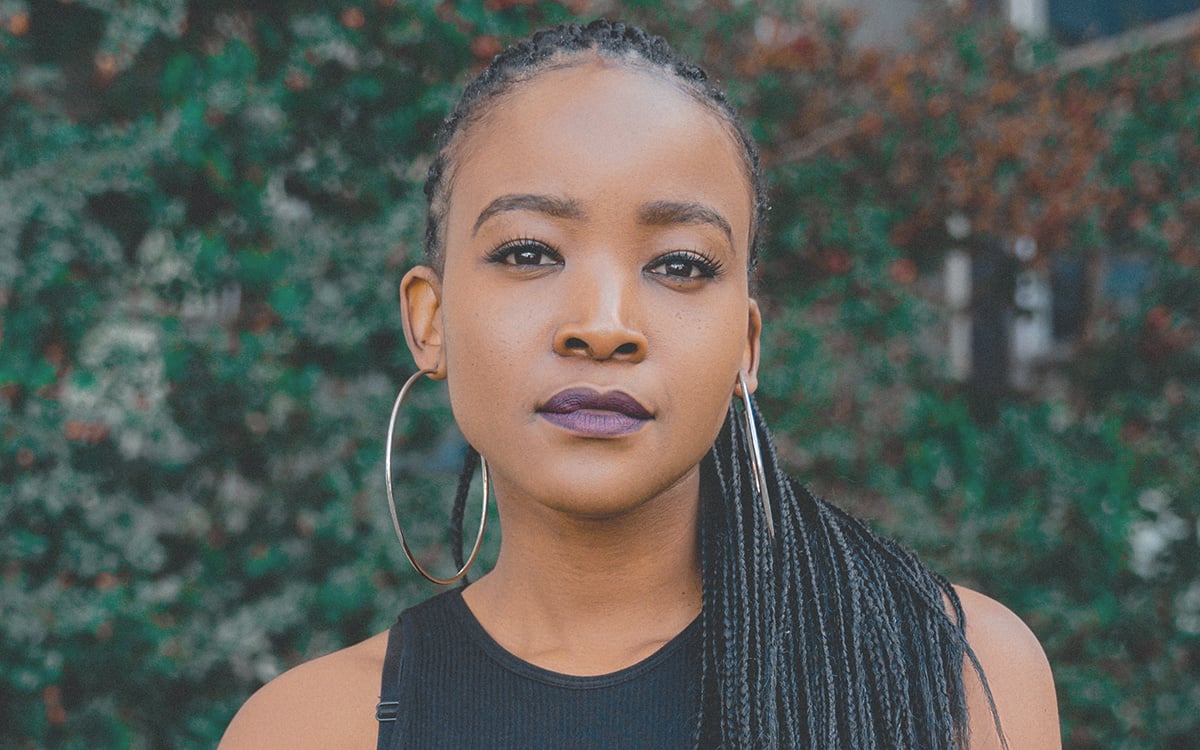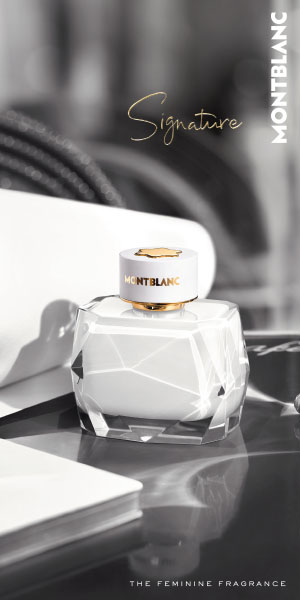Ofentse Pitse is the first black South African woman to conduct her own all-black orchestra. The Tshwane resident says her family’s involvement in the church through the Salvation Army is what led to her playing her first instrument. This is what got the ball rolling and culminated in her starting her own orchestra.
Pitse began by playing the English horn, which piqued her interest in classical music. She has since experimented with other genres including church music and jazz.
What started out as a hobby became something of a passion project, and has since evolved into a quest for increased representation of young black people in classical and choral music.
Pitse’s all-black orchestra, Anchored Sound, consists of 20 choir members and a 45-strong instrumental ensemble. Pitse says she started with the choir and had the idea to add more instruments to complement their songs as they practised. The band expanded as she added more instruments, and today it includes musicians of all ages from Katlehong, Benoni, Tembisa, Soweto and Pretoria.
Pitse is a qualified architectural technologist, having graduated from the University of the Witwatersrand, and says her main objective is to continue to contribute to raising the profile of black orchestra players in South Africa.
Her overarching goal for the orchestra is for it to help propel other young black performers to excellence while drawing attention to African composers. A performance of orchestrations by Anchored Sounds, led by Pitse, highlights classical standard arias such as Nessun Dorma, concertos like Vivaldi’s “Four Seasons”, and contemporary compositions by African performers like Judith Sephuma and Sun-El Musician.
An achievement she’s incredibly proud of is being recognised as the keynote speaker at the Veuve Clicquot Bold Woman Awards. The programme is designed to support women entrepreneurs and gives them a voice, encouraging future generations to be even more audacious in their dreams.
The award aligns with Pitse’s goals to help improve the inclusion, impact and visibility of young black women in various fields.
“To me, music and architecture are very closely linked, When I design, I think of harmony, spirit, structure and meaning. Music is about those same elements, whether it’s Tchaikovsky, Stravinsky or Mozart.”
Pitse says she wants to be involved in building a contemporary South African theatre space. This, she says, would be the result of her being able to marry her love of performance with her architectural knowledge, and help to create an inclusive space where more local stories can be told.
“I am also really hoping to expand Anchored Sound to include a kids orchestra because that would extend its reach and have an impact on generations to come.”
























